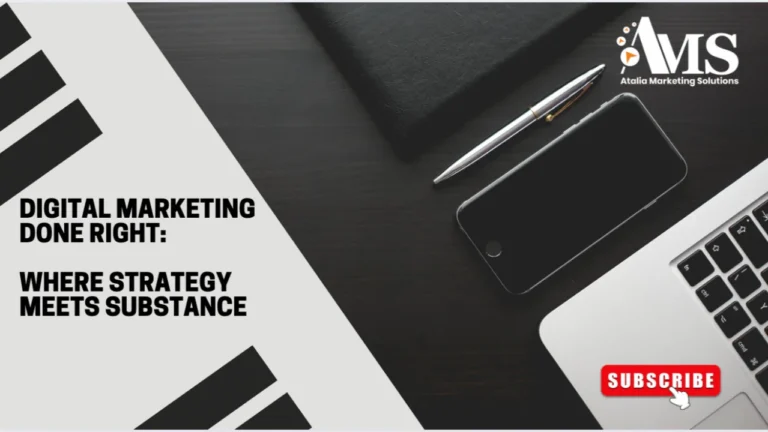|
Getting your Trinity Audio player ready...
|
In 2010-11, the early years of digital marketing, the industry was starting to find its footing. Back then, digital marketers were undoubtedly valued at what now feels like a humble annual package of ₹50,000. Not anyone’s fault. It was just that, in general, we were miscalculating its worth. That was the going rate—and the respect for marketing professionals, especially those trying to pivot digitally, was barely there. Now, this was the crux to pinch someone a lot.
During those days, I had already started investing in myself—enrolling in digital marketing courses and stacking up on marketing specializations. However, even within large MNCs, when I pitched ideas to management about embracing digital transformation, the response was lukewarm. The corporate world was still deeply rooted in traditional mindsets.
Adapting to change? That was a slow dance!!
And let’s not even talk about client meetings. The moment I introduced myself as a marketer with digital expertise, I’d get the kind of look you reserve for someone who just said they moonlight as a magician (I do not want to sound hard, but this is the reality check). It was so bizarre I began second-guessing my qualifications—like, “Did I accidentally enroll in Hogwarts instead of HubSpot?”
But here’s the thing: Change is inevitable. And adaptation? That’s where real success lies.
Regardless of political views, credit must be given where it's due. The current government's push for a 'Digital India' marked a turning point. From 2014—and more aggressively from 2015—the demand for digital marketers started skyrocketing. Then came the pandemic. COVID-19 didn't just change lives; it reshaped industries. Businesses that had once brushed off digital marketing were scrambling to go online overnight.
Regardless of political views, credit must be given where it's due. The current government's push for a 'Digital India' marked a turning point. From 2014—and more aggressively from 2015—the demand for digital marketers started skyrocketing. Then came the pandemic. COVID-19 didn't just change lives; it reshaped industries. Businesses that had once brushed off digital marketing were scrambling to go online overnight.
Digital transformation wasn’t optional anymore—it was survival.
Fast forward to now, and we’ve reached a peculiar paradox.
On one hand, digital marketing has evolved into an indispensable part of business strategy. On the other, it’s also being grossly undervalued. Freelancers offer services at dirt-cheap prices. Agencies are forced to slash rates to stay competitive. There was even a meme recently—a website being sold at a traffic signal for ₹10,000, after quoting ₹50,000 to a suited-up exec in a car. Funny, yes. But also painfully honest.
The reality is that digital marketing isn’t a solo act. Behind every campaign is a team: content writers, designers, developers, coders, testers, and strategists. You cannot build a high-performing website or campaign at ₹10K. Add to this the “n” number of revisions most clients demand, and you realize how unsustainable it becomes.
Even though we have access to advanced tools for SEO, SMM, analytics, and automation, tools alone don’t drive results. It’s the strategist behind the tool that determines impact. Unfortunately, many companies implement tools without a straightforward workflow or ownership—leading to half-baked efforts and underwhelming ROI.
AI may enhance productivity, but it’s just a noise without human intelligence.
This gap in understanding often sparks conversations that paint marketers as overpriced and underperforming. These misaligned expectations can cause trust to erode, web traffic to fall, and relationships to sour.
So, what’s the solution?
For Brands:
Stop relying solely on first-timers. Let them learn, experiment, and gain experience elsewhere before handing over your brand’s future. Your digital presence is not a playground—it’s your business lifeline. Trust experienced marketers. Discuss deliverables. Be firm on expectations but fair on negotiations. Many small agencies suffer annual losses trying to meet unrealistic pricing demands.
For Freelancers and New Marketers:
Find your niche. Hone your strengths. If you’re unsure about a project, don’t commit just to win the deal—integrity matters. A failed delivery doesn’t just cost you a project—it hurts your reputation.
As someone who’s been part of this industry’s evolution, my simple message to both sides is: Be reasonable.
Don’t undercharge. Don’t overcharge. Charge what your expertise is worth, and then give it your best shot.
Digital marketing isn’t just a service—it’s a responsibility. Let’s price it with purpose and practice it with pride.

